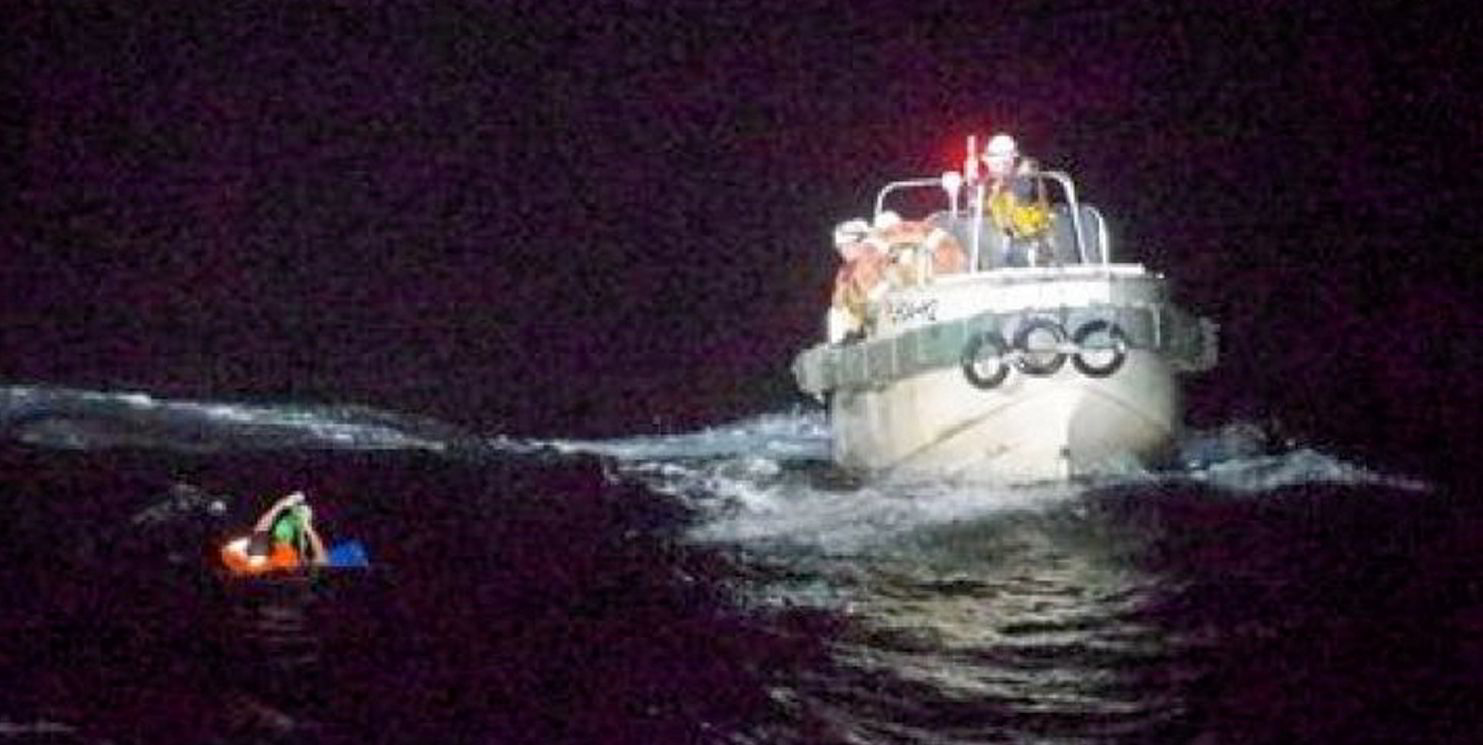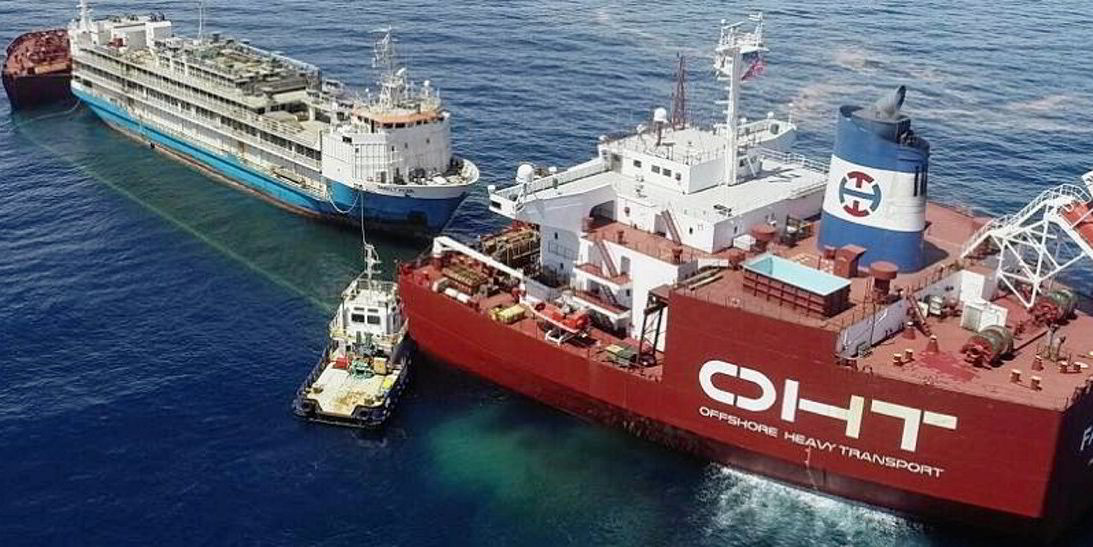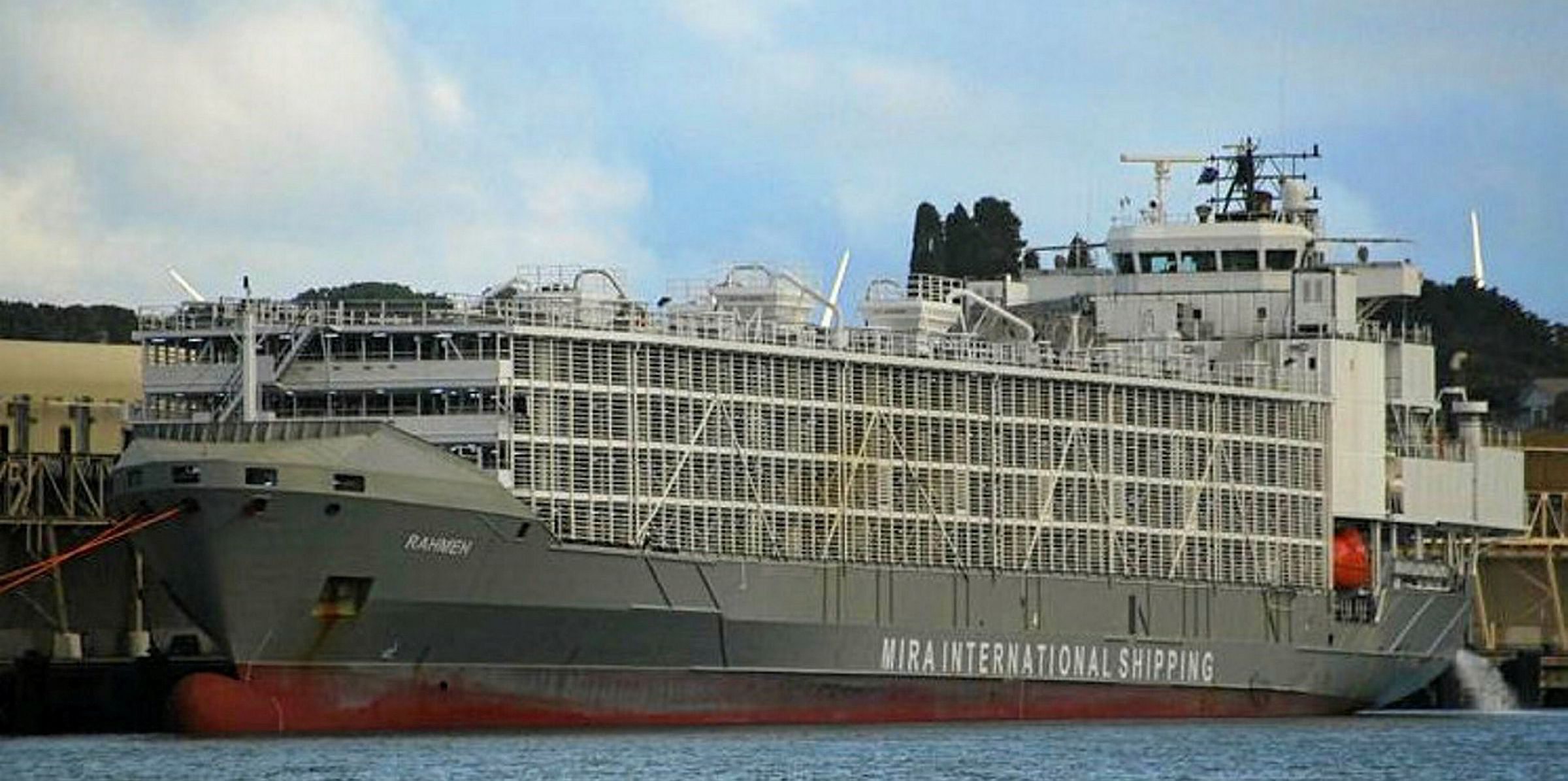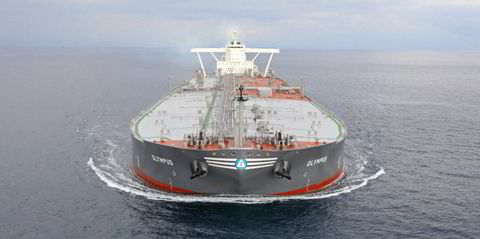Australia is to clamp down on substandard livestock carriers in a six-month campaign carried out by the Australian Maritime Safety Authority (AMSA).
The purpose of the focused inspection campaign is said to be to "ascertain the level of compliance" with the maintenance and repair requirements of international conventions.
It will also check the familiarity of the master and officers to assess the stability of their ship in differing conditions.
The move comes following a series of incidents involving such ships, the most serious of which was the sinking of the Gulf Livestock 1 in September 2020 off Japan.
In late November last year Australia also issued a two-year ban against the 3,300-dwt Barkly Pearl (built 1993) which prevents it from entering Australia.
It was the first time a vessel has been banned from Australian ports for this length of time, according to AMSA.
“Australia has a reputation for enforcing some of the strictest safety standards in the world for livestock ships, so the arrival of [the] Marshall Islands-flagged Barkly Pearl off Western Australia in November 2020 with a hole in its side raised some serious concerns for AMSA,” the maritime regulator said.
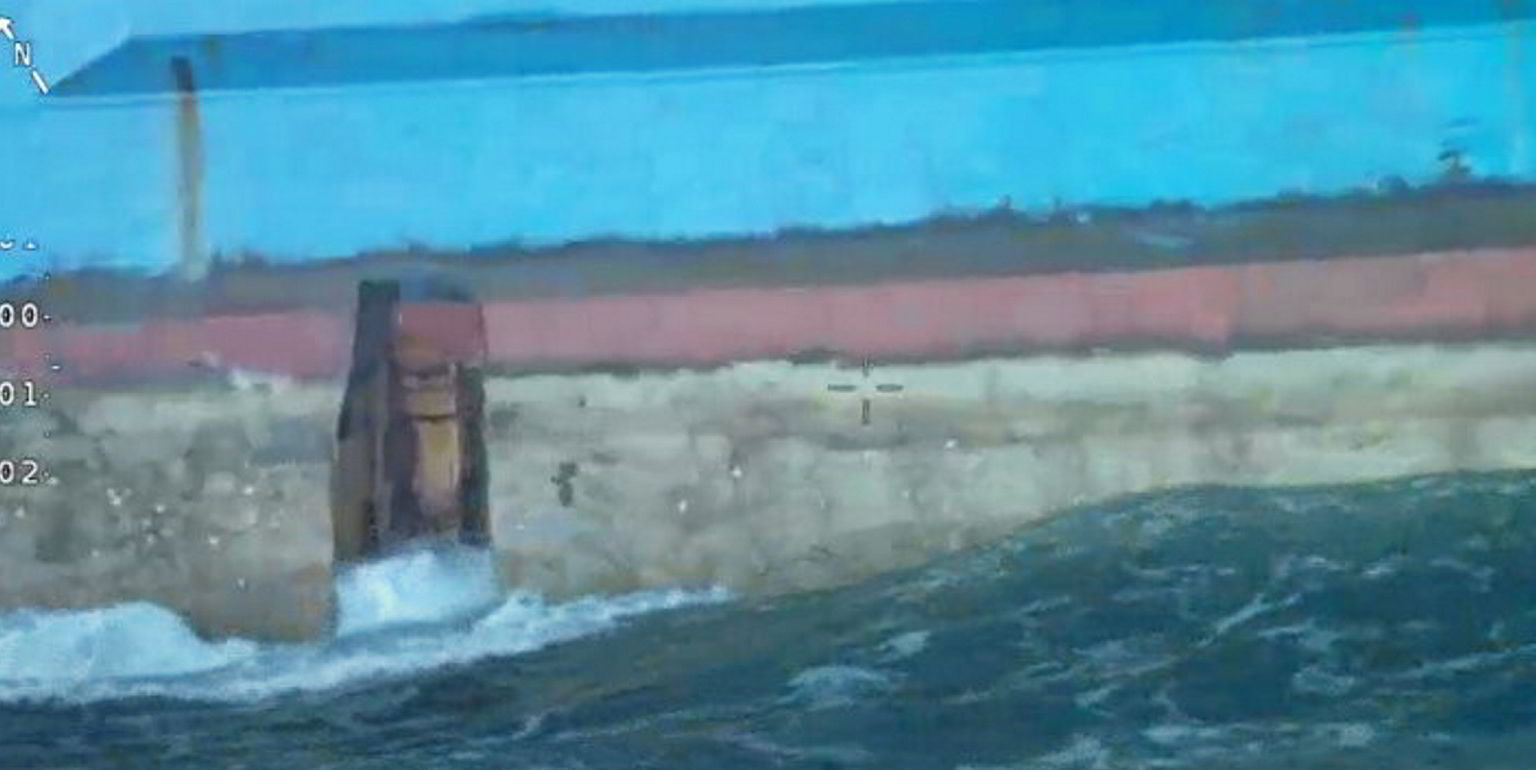
“As a result, we decided to increase the intensity of our focus on ensuring that livestock ships are compliant with international conventions and the requirements of Australian law when they carry livestock from Australia,” said AMSA general manager operations Allan Schwartz.
AMSA said its focused inspection campaign will target these issues from 1 March 2021 to 31 August 2021.
“We need to know if these were isolated incidents or indicative of more systemic issues with ship maintenance and stability,” Schwartz said.
The focused inspection campaign is said to be on top of AMSA’s normal inspection and certification regime for foreign-flagged livestock ships.
“Under Australian law, we already require livestock ships operating from Australian ports to undergo pre-loading inspections, and be certified for carrying livestock,” said Schwartz.
“Livestock ships that export animals from Australia must comply with additional safety standards that were developed specifically by AMSA for these types of ships.”
Every livestock ship arriving in Australia during the six-month campaign will be targeted for inspection and the outcome of the campaign published in a report on AMSA’s website towards the end of the year, the maritime regulator said.
